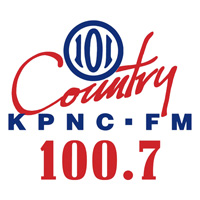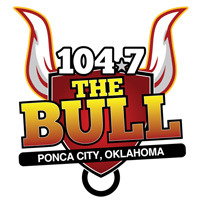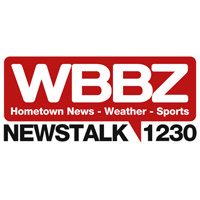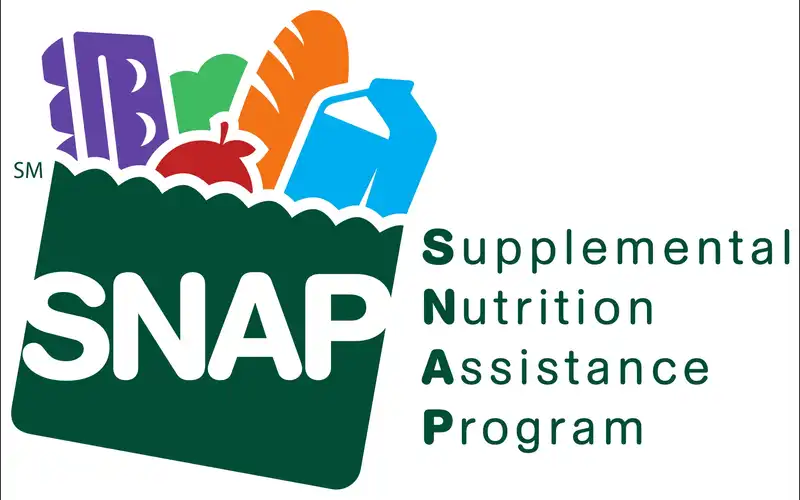TULSA, OKLA. (KTUL) — The recently passed “One Big Beautiful Bill”, touted for historic tax cuts and entitlement reforms, includes major reductions to SNAP and Medicaid, sparking concern among hunger relief agencies statewide.
According to the Regional Food Bank of Oklahoma, the bill’s proposed $230 billion cut to SNAP—along with states required to shoulder a 5% share of the program—could force food banks well past their capacity to respond.
Jeff Marlow, CEO, Food Bank of Eastern Oklahoma, emphasized community strength in tough times, saying, “Unity is what we need. Oklahomans have always met the challenge when there’s been anything catastrophic, because we’re resilient.”
Senator James Lankford, defending the legislation, emphasized tax relief for families and funding for state priorities, asserting the bill “halts the largest tax increase in history,” but food banks warn that the assistance may come at the expense of vulnerable Oklahomans.
Here’s a snapshot of the state’s food insecurities according to oklahomawatch.org:
15.4% of Oklahoma households experienced food insecurity from 2021–23, ranking as the 5th-highest rate nationally
Within that, 5.7% endured “very low food security,” meaning disrupted eating patterns or reduced intake
A USDA report confirms 14.3% of households—nearly 250,000—faced food insecurity between 2020–22, with 4.9% in very low food security
Feeding America reports 745,000 Oklahomans are food insecure, including 231,800 children; 1 in 5 residents and 1 in 4 children face hunger
These numbers underscore a relentless crisis, especially troubling as federal nutrition cuts loom larger.
“I’m hoping we can advocate, educate keep communicating what’s going on and being very open but Oklahomans need to rally together, especially the Oklahomans that can help and support, whether it’s financially, whether it’s volunteering, doing food drives or just checking on your neighbor, that’s what we need now more than ever, ” Marlow said.


















